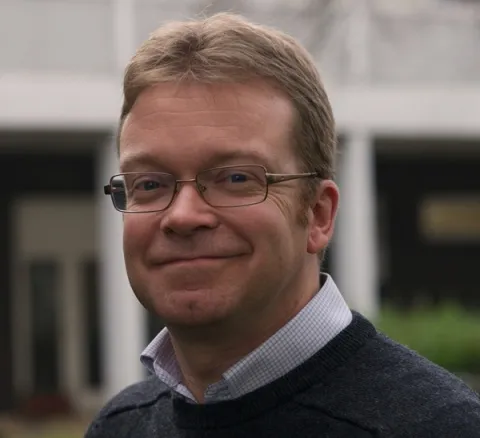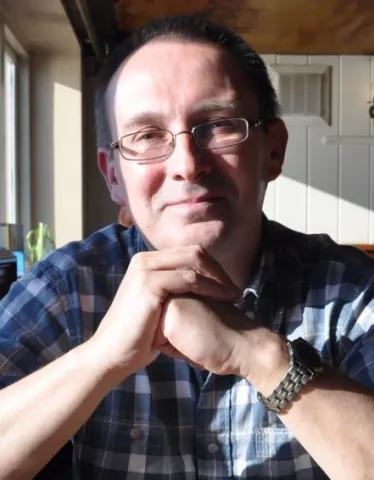About the project
Working with the National Nuclear Laboratory (NNL), this project will develop new in-situ systems for contaminant and risk management at nuclear (and other) sites, based on novel electrokinetic approaches developed at the University of Southampton.
Electrokinetic remediation or risk management, involving the application of an electric current to remobilise, force migrate or contain soil or groundwater contaminants, has been successfully demonstrated in a number of field environments.
Its strengths are its low-intrusive nature, its ability to influence contaminants at depth and over distance, and its ability to exert a range of chemical conditions (pH, Eh) in the subsurface conducive to either contaminant immobilisation or migration.
As a researcher on this PhD project, you will build on successful previous ex-situ electrokinetic work on nuclear cementitious materials, realistic shallow subsurface materials, and estuarine sediments to develop in-situ (i.e. in the ground) electrokinetic systems and configurations for containment of on-site leaks (including around infrastructure and under buildings) and treatment of soil or subsurface contaminant “hot-spots” at nuclear (and other) sites.
You will perform experiments on realistic sub-surface materials both at bench and at larger (pilot, 1m3+) scale (to simulate work around structures), building on static and controlled flow test systems and other infrastructure at the University of Southampton.
Research, performed in collaboration with the National Nuclear Laboratory (NNL), will examine the migration of radioactive and chemotoxic contaminants in realistic subsurface materials, both with and without an applied electrical (electrokinetic) field, and will assess the application of electrokinetic technologies as innovative techniques for effective and lower cost groundwater remediation or the remediation of radioactively contaminated land on nuclear sites.
Training
You will register at the University of Southampton and work at the School of Ocean and Earth Science. Specific training will include:
- project-specific training in electrokinetic and electrochemical processes and remediation, groundwater chemistry and groundwater processes, soil and sediment geochemistry, geochemical and other modelling skills (e.g. PHREEQC), and radioanalytical skills (in gamma, beta and alpha-emitting radionuclide analysis)
- deployment and safety case development and nuclear site risk management. The studentship includes funding for a 2-month secondment (or two secondments each of 1 month) to allow embedding of the research and its outputs into a relevant NDA group company or supply chain organisation.
Supervisors
As well as Professors Cundy and Warwick you will be supervised by Dr James Graham from the National Nuclear Laboratory.

